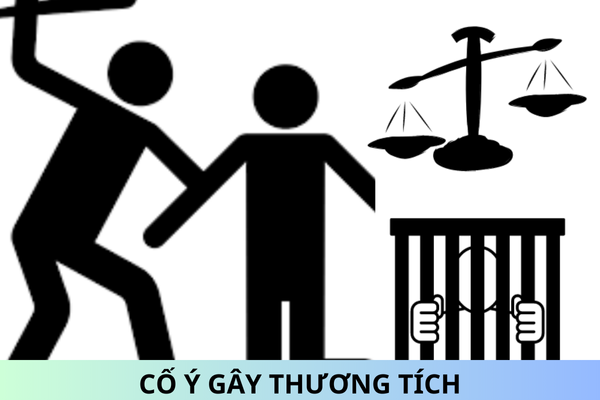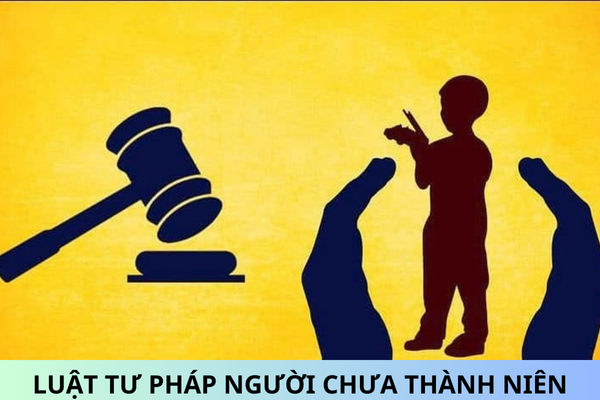Is the Person Convicted of Treason Subject to the Death Penalty? In Case of Mitigating Circumstances, What is the Prison Sentence Duration?
Is Treason Punishable by Death? What is the Prison Sentence If There Are Mitigating Circumstances?
Based on Article 108 of the Criminal Code 2015 which stipulates the crime of treason:
Article 108. Crime of Treason
- Any Vietnamese citizen who colludes with foreign countries with the aim of harming the independence, sovereignty, unity, and territorial integrity of the Fatherland, the socialist policies and the socialist state of the Socialist Republic of Vietnam, national defense, and security capabilities shall be sentenced to between 12 and 20 years of imprisonment, life imprisonment, or death.
- If the crime is committed with many mitigating circumstances, the offender shall be sentenced to between 7 and 15 years of imprisonment.
- A person who prepares to commit this crime shall be sentenced to between 1 and 5 years of imprisonment.
According to the above regulations, a person who commits treason shall be sentenced to between 12 and 20 years of imprisonment, life imprisonment, or death, depending on the severity of the violation.
If the person commits treason with many mitigating circumstances, the sentence shall be between 7 and 15 years of imprisonment.
A person who prepares to commit treason shall be sentenced to between 1 and 5 years of imprisonment. Thus, a person who commits treason can be sentenced to death.

Is Treason Punishable by Death? What is the Prison Sentence If There Are Mitigating Circumstances? (Image from the Internet)
What Are the Aggravating Legal Responsibilities?
Based on Article 52 of the Criminal Code 2015 as amended by point b, clause 2, Article 2 of the Law Amending the Criminal Code 2017 which stipulates the aggravating legal responsibilities:
Article 52. Aggravating Legal Responsibilities
- Only the following circumstances shall constitute aggravating legal responsibilities:
a) Organized crime;
b) Crime with a professional nature;
c) Abusing one's position or authority to commit a crime;
d) Committing a crime with a hooligan nature;
e) Committing a crime for base motives;
f) Intentional commission of the crime to the end;
g) Committing the crime twice or more;
h) Recidivism or dangerous recidivism;
i) Committing the crime against a person under 16 years of age, a pregnant woman, or a person aged 70 or older;
k) Committing the crime against a person in an irrecoverable defensive state, a severely disabled person, or a special severely disabled person, a person with limited cognitive ability, or a person dependent on the offender materially, spiritually, or in other aspects;
l) Abusing circumstances of war, emergencies, natural disasters, epidemics, or other special difficulties of society to commit a crime;
m) Committing the crime with sophisticated, cunning, or cruel tricks;
n) Using tricks or means capable of endangering many people to commit a crime;
o) Inciting a person under 18 years of age to commit a crime;
p) Having cunning or aggressive actions to avoid or conceal a crime.
- Circumstances already stipulated in this Code as signs for determining a crime or the frame of punishment shall not be considered as aggravating circumstances.
The following circumstances shall constitute aggravating legal responsibilities:
- Organized crime- Crime with a professional nature- Abusing one's position or authority to commit a crime- Committing a crime with a hooligan nature- Committing a crime for base motives- Intentional commission of the crime to the end- Committing the crime twice or more- Recidivism or dangerous recidivism- Committing the crime against a person under 16 years of age, a pregnant woman, or a person aged 70 or older- Committing the crime against a person in an irrecoverable defensive state, a severely disabled person, or a special severely disabled person, a person with limited cognitive ability, or a person dependent on the offender materially, spiritually, or in other aspects- Abusing circumstances of war, emergencies, natural disasters, epidemics, or other special difficulties of society to commit a crime- Committing the crime with sophisticated, cunning, or cruel tricks- Using tricks or means capable of endangering many people to commit a crime- Inciting a person under 18 years of age to commit a crime- Having cunning or aggressive actions to avoid or conceal a crime.
Note: Circumstances already stipulated in this Code as signs for determining a crime or the frame of punishment shall not be considered as aggravating circumstances.*
Is Treason the Most Serious Crime?
Based on Article 44 of the Constitution 2013 which stipulates as follows:
Article 44.
Citizens have the obligation to be loyal to the Fatherland.
Treason is the most serious crime.
According to the above regulations, the Constitution 2013 stipulates that treason is the most serious crime.










